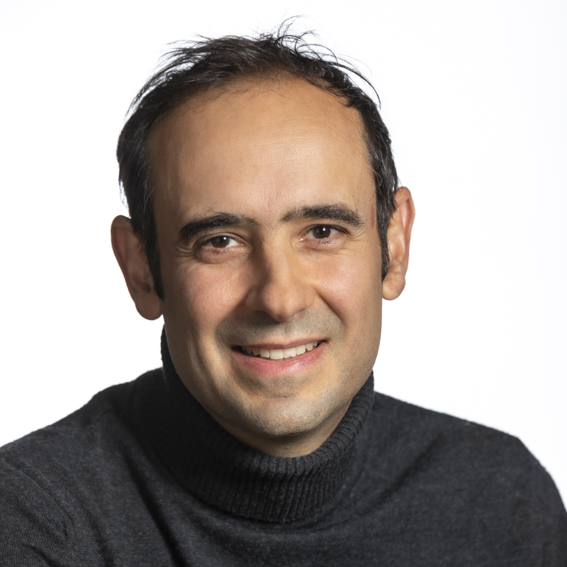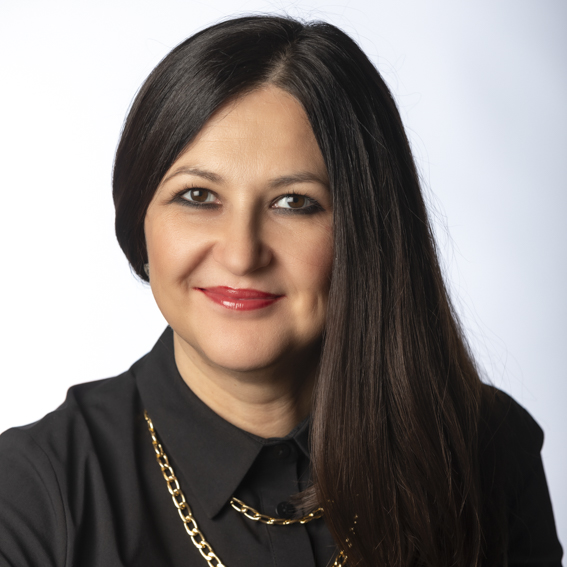Infectious diseases
Infectious diseases are caused by viruses, bacteria or fungi. The course and prognosis of these diseases depend largely on how well the immune system can recognize and eliminate the pathogen. Although specific agents do exist for many infectious diseases, e.g. antibiotics, the increase in resistance against many of these agents has propelled infections to become again a global threat. Finally, infectious diseases can occur not only in humans, but also in animals and plants, which represents an additional socioeconomic burden.
The BioHealth research area "Infectious Diseases" primarily investigates the molecular mechanisms of host-pathogen communication and resistance mechanisms, while at the same time aiming for the discovery of new active agents against these pathogens. BioHealth research on bacterial pathogens focuses on bacteria of the human gastrointestinal tract and associated diseases. Important model organisms used are Vibrio cholerae (causative agent of the secretory diarrheal disease cholera), Klebsiella oxytoca (responsible for antibiotic-associated hemorrhagic diarrhea), pathogenic Escherichia coli (the trigger of intestinal and urinary tract infections) and Campylobacter ssp. (causative agent of inflammatory diarrheal disease). In addition, research is also being conducted on difficult-to-treat hospital pathogens of the "ESKAPE" panel. Research on fungal pathogens focuses on the identification of novel antifungal agents and their mechanistic characterization, mainly based on studies with Candida albicans and Candida glabrata.
Currently, we are conducting research on the following topics:
- Adaptation strategies of bacteria to changing environmental conditions.
- Defense mechanisms of bacterial pathogens against the human immune system.
- Mechanisms of antibiotic resistance.
- Transfer of resistance and virulence genes via bacterial conjugation.
- Communication and genetic exchange between bacteria.
- Influence of the gut microbiome on health and disease.
- Role of microbial effectors released in the gut to modulate human somatic cells or other gut bacteria (gut microbiome).
- Characterization of novel vaccine candidates.
- Screening of natural products for novel antifungal agents, including their in vivo preclinical validation as well as the clarification of their mode of action.
- Regulated cell death in pathogenic fungi.
- Inhibition of lipases from human pathogenic bacteria (e.g. M. tuberculosis).
Infectious diseases

Assoz. Prof. Dr.rer.nat. Didac Carmona-Gutierrez
+43 316 380 - 1510
Doktoratsschule Molekularbiologie und Biochemie
nach Vereinbarung
ORCID: 0000-0001-7548-7771
www.uni-graz.at/madeo

Dr.rer.nat. BSc MSc. Katharina Kainz

Ao.Univ.-Prof.i.R. Mag. Dr.rer.nat. Walter Keller

Mag. Dr.rer.nat. Sabine Kienesberger-Feist

Ao.Univ.-Prof. Dr.phil. Guenther Koraimann
+43 316 380 - 5626
Institut für Molekulare Biowissenschaften
nach Vereinbarung
ORCID: 0000-0002-8937-3027
http://homepage.uni-graz.at/de/guenther.koraimann/

Univ.-Prof. Dr.rer.nat. Frank Madeo
+43 316 380 - 8878
Institut für Molekulare Biowissenschaften
Dienstag 13.00 Uhr bis 14.00 Uhr oder nach Absprache
ORCID: 0000-0002-5070-1329

Priv.-Doz. Mag. Dr.rer.nat. Nermina Malanovic

Assoz. Prof. Mag. Dr.rer.nat. Monika Oberer
+43 316 380 - 5431
Doktoratsschule Molekularbiologie und Biochemie
nach Vereinbarung (Email oder Telefon)
ORCID: 0000-0003-2525-9513
https://molekularbiologie.uni-graz.at/en/strukturbiologie/

Assoz. Prof. Mag. Dr. MSc. Tea Pavkov-Keller
+43 316 380 - 5483
Institut für Molekulare Biowissenschaften
nach Vereinbarung (tel. oder per E-mail)
ORCID: 0000-0001-7871-6680
https://molekularbiologie.uni-graz.at/de/unsere-forschung/strukturbiologie

Univ.-Prof. Mag. Dr.rer.nat. Joachim Reidl
+43 316 380 - 1978
VR für Forschung
nach tel. Vereinbarung
ORCID: 0000-0001-5798-9524
http://molekularbiologie.uni-graz.at/de/forschen/forschungsbereiche/infektionsbiologie/

Univ.-Prof. Dipl.-Biol. Dr.rer.nat. Stefan Schild
+43 316 380 - 1970
Institut für Molekulare Biowissenschaften
nach tel. Vereinbarung
ORCID: 0000-0001-7842-0177
https://molekularbiologie.uni-graz.at/de/arbeitsgruppen-reidl-und-schild/

Ao.Univ.-Prof. Dr.rer.nat. Ellen Zechner
+43 316 380 - 5624
Institut für Molekulare Biowissenschaften
ORCID: 0000-0003-2035-1898
http://www.uni-graz.at/ellen.zechner/